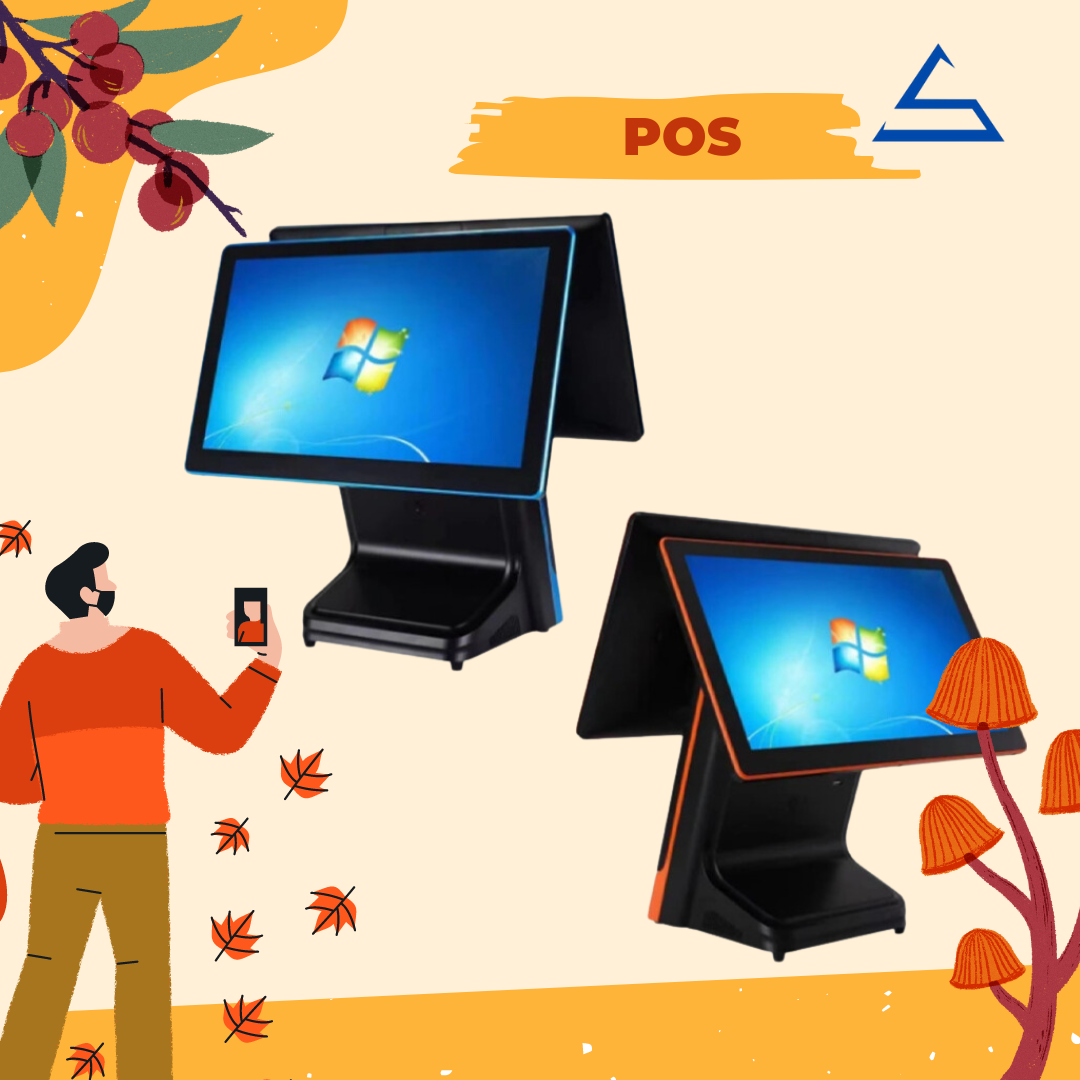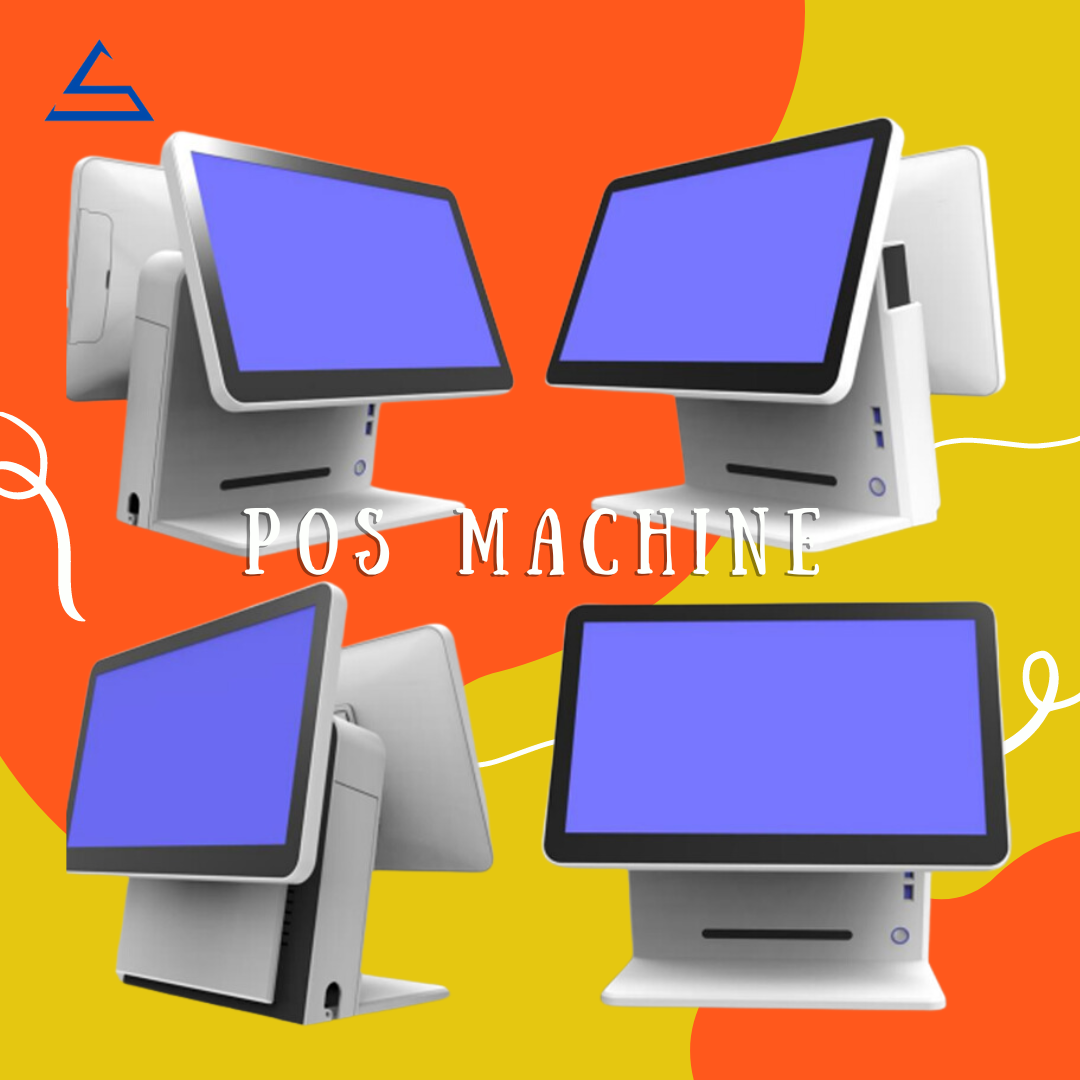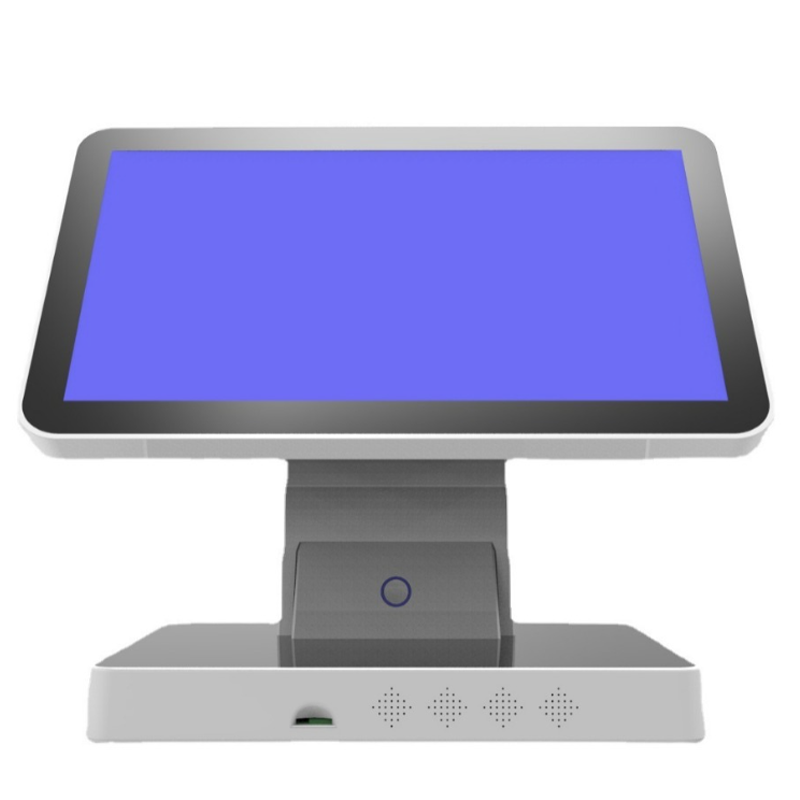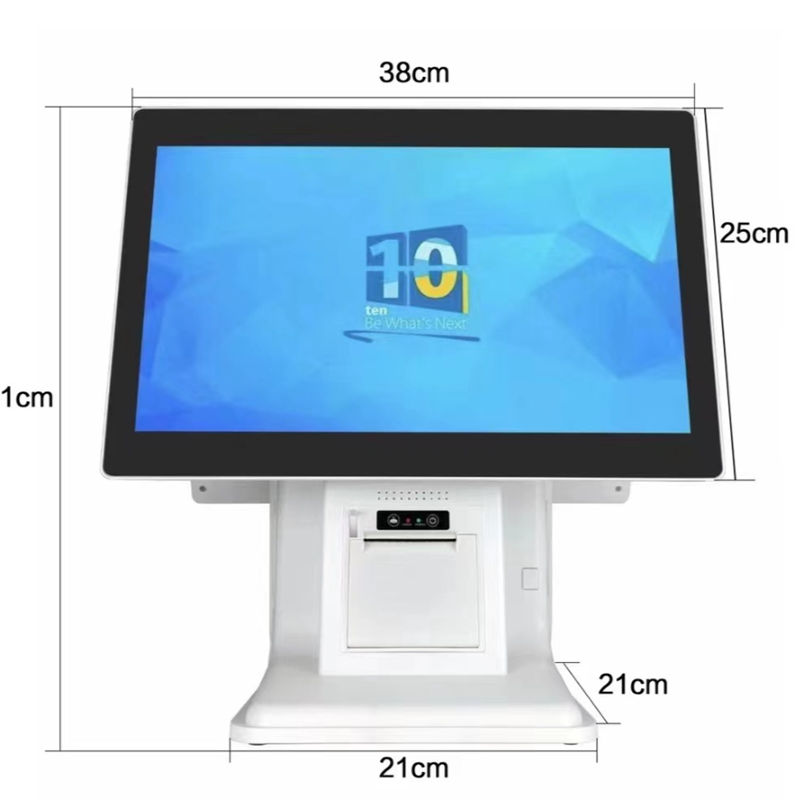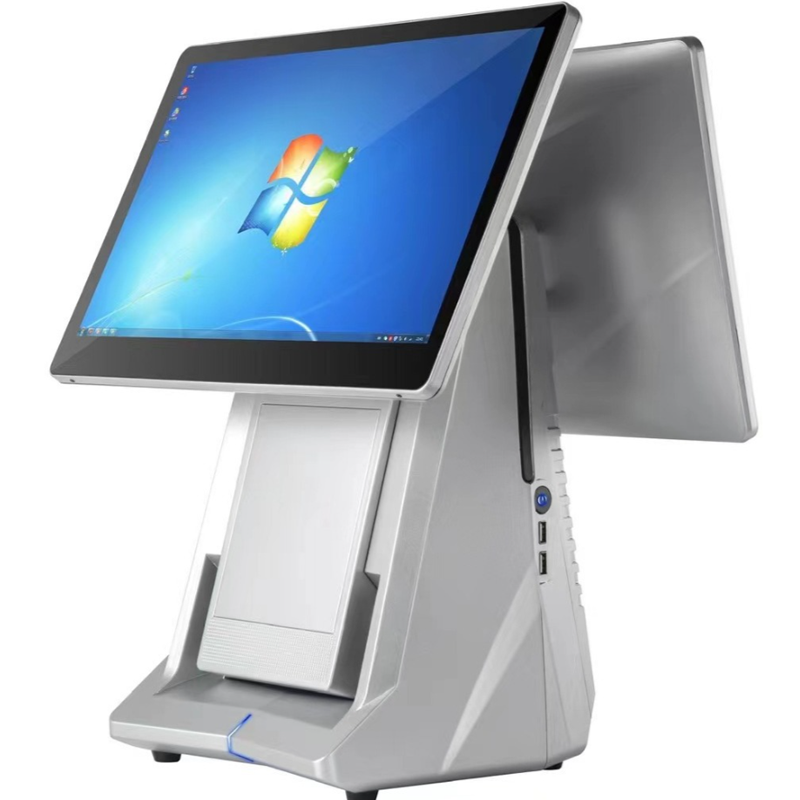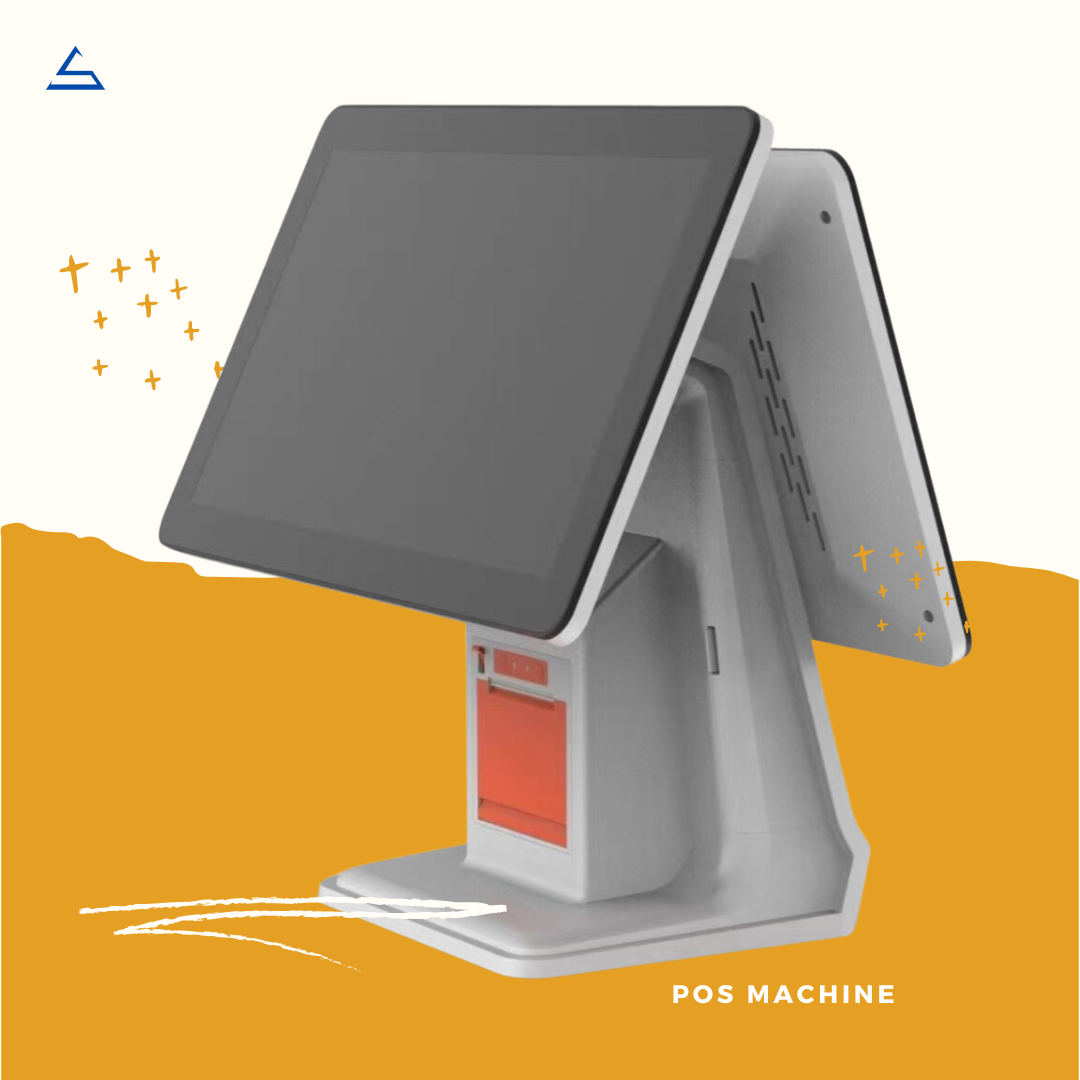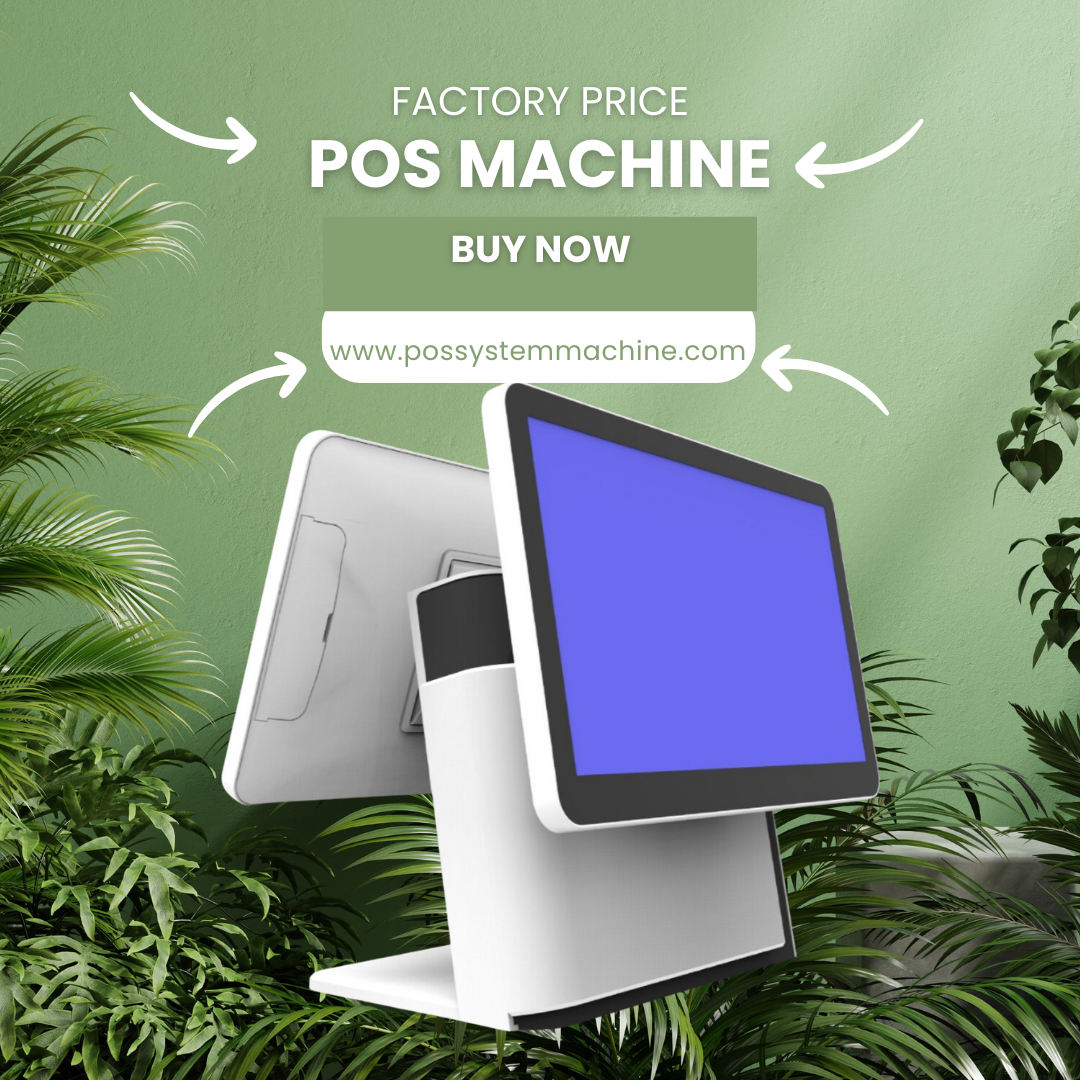how many types of pos machines are there
Table of Contents
Summary
Point of Sale (POS) systems have become the backbone of modern retail and hospitality businesses. As a small business owner, understanding the different types of POS systems available can be crucial for choosing the right solution to streamline your operations and boost your bottom line. In this comprehensive guide, we’ll explore the various types of POS systems, their unique features, and how they can benefit your business. Whether you’re just starting out or looking to upgrade your existing setup, this article will provide valuable insights to help you make an informed decision.
What Exactly is a POS System and Why Does it Matter?
Before diving into the different types of POS systems, it’s essential to understand what a POS system is and why it’s crucial for your business. A Point of Sale (POS) system is a combination of hardware and software that allows businesses to process transactions, manage inventory, and gather valuable data about their sales and customers.But why does it matter? Here are a few key reasons:
- Streamlines transactions and improves customer experience
- Provides real-time inventory management
- Offers valuable insights through data analytics
- Enhances security and reduces errors
- Integrates with other business systems for seamless operations
Now that we understand the importance of POS systems, let’s explore the different types available in the market.
What Are the Main Types of POS Systems?
- Traditional POS Systems
- Cloud-Based POS Systems
- Mobile POS Systems
- Tablet POS Systems
- Self-Service Kiosk POS Systems
- Open-Source POS Systems
- Multichannel POS Systems
Each of these POS system types has its own unique features and benefits. Let’s dive deeper into each one to help you determine which might be the best fit for your small business.
Traditional POS Systems: Are They Still Relevant?
Traditional POS systems, also known as legacy or on-premise POS systems, have been around for decades. These systems typically consist of a cash register, barcode scanner, receipt printer, and a computer running specialized software.Pros of Traditional POS Systems:
- Reliable and familiar to many business owners
- No internet connection required for basic functions
- Full control over your data and system
Cons of Traditional POS Systems:
- Limited mobility and flexibility
- Higher upfront costs
- Difficult to update and maintain
While traditional POS systems are still used by many businesses, they are gradually being phased out in favor of more modern solutions. However, for businesses with stable operations and minimal need for real-time data access, a traditional POS system might still be a viable option.
Cloud-Based POS Systems: The Future of Retail?
Cloud-based POS systems have gained significant popularity in recent years due to their flexibility, scalability, and lower upfront costs. These systems store data on remote servers, allowing for real-time access from anywhere with an internet connection.Pros of Cloud-Based POS Systems:
- Lower upfront costs with subscription-based pricing
- Regular updates and new features
- Easy access to real-time data from anywhere
- Seamless integration with other cloud-based business tools
Cons of Cloud-Based POS Systems:
- Reliance on internet connectivity
- Potential security concerns with data stored off-site
- Ongoing subscription costs
For small businesses looking for a flexible and scalable solution, cloud-based POS systems offer numerous advantages. They’re particularly well-suited for businesses with multiple locations or those that need to access data on-the-go.
Mobile POS Systems: Bringing Transactions to Your Customers
Mobile POS systems, also known as mPOS, turn smartphones or tablets into portable point of sale terminals. These systems are ideal for businesses that need to process transactions on-the-go or want to reduce wait times by bringing the checkout process directly to customers.Pros of Mobile POS Systems:
- Highly portable and flexible
- Lower hardware costs
- Improved customer experience with line-busting capabilities
- Ideal for pop-up shops, food trucks, and outdoor events
Cons of Mobile POS Systems:
- Limited functionality compared to full-fledged POS systems
- Reliance on mobile device battery life and internet connectivity
- Potential security concerns with personal devices
Mobile POS systems are an excellent choice for small businesses that prioritize mobility and flexibility. They’re particularly popular in the food service industry, retail pop-ups, and businesses that attend trade shows or events.
Tablet POS Systems: The Best of Both Worlds?
Tablet POS systems combine the mobility of mobile POS with the functionality of traditional systems. They typically use tablets (such as iPads) as the main terminal, paired with additional hardware like cash drawers and receipt printers.Pros of Tablet POS Systems:
- More affordable than traditional POS systems
- User-friendly interfaces
- Portable yet feature-rich
- Easy to set up and use
Cons of Tablet POS Systems:
- May require additional hardware for full functionality
- Potential durability concerns in high-traffic environments
- Limited processing power compared to desktop systems
Tablet POS systems are an excellent middle-ground solution for small businesses that want the flexibility of a mobile system with more robust features. They’re particularly popular in retail and restaurant settings.
Self-Service Kiosk POS Systems: Empowering Customer Independence
Self-service kiosk POS systems allow customers to browse products, place orders, and complete transactions without staff assistance. These systems are becoming increasingly popular in fast-food restaurants, movie theaters, and retail stores.Pros of Self-Service Kiosk POS Systems:
- Reduced labor costs
- Improved order accuracy
- Faster service and reduced wait times
- Opportunity for upselling and cross-selling
Cons of Self-Service Kiosk POS Systems:
- Higher upfront costs
- May not be suitable for all types of businesses
- Potential for technical issues and customer frustration
Self-service kiosk POS systems can be a game-changer for businesses looking to improve efficiency and reduce labor costs. However, they may not be suitable for all types of businesses, particularly those that rely heavily on personal customer service.
Open-Source POS Systems: Customization at Its Core
Open-source POS systems provide businesses with access to the system’s source code, allowing for extensive customization and modification. These systems are ideal for businesses with unique requirements or those with in-house technical expertise.Pros of Open-Source POS Systems:
- Highly customizable
- Lower licensing costs
- Strong community support
- Potential for integration with other open-source tools
Cons of Open-Source POS Systems:
- Requires technical knowledge for setup and maintenance
- May lack professional support
- Potential security risks if not properly maintained
Open-source POS systems are best suited for businesses with specific needs that off-the-shelf solutions can’t meet, or those with the technical resources to maintain and customize the system.
Multichannel POS Systems: Unifying Your Sales Channels
Multichannel POS systems are designed to integrate sales data from various channels, including in-store, online, and mobile sales. These systems provide a unified view of inventory and sales across all channels, making them ideal for businesses with an omnichannel presence.Pros of Multichannel POS Systems:
- Unified view of inventory and sales across all channels
- Improved customer experience with consistent pricing and availability
- Better inventory management and forecasting
- Streamlined operations across channels
Cons of Multichannel POS Systems:
- Can be more complex to set up and manage
- Higher costs compared to single-channel solutions
- May require additional integrations or customizations
For businesses that sell through multiple channels, a multichannel POS system can provide invaluable insights and streamline operations. They’re particularly beneficial for retailers with both physical and online stores.
How to Choose the Right POS System for Your Small Business?
Selecting the right POS system for your small business depends on various factors, including:
- Your business type and industry
- The size of your operation
- Your budget
- Your technical expertise
- Your growth plans
- The features you need most
Consider the following questions when evaluating POS systems:
- Do you need mobility, or will a fixed terminal suffice?
- How important is real-time data access to your business?
- What level of customization do you require?
- Do you sell through multiple channels?
- What other business systems do you need to integrate with your POS?
By carefully considering these factors and questions, you can narrow down your options and choose the POS system that best fits your business needs.
The Future of POS Systems: What’s Next?
As technology continues to evolve, so do POS systems. Here are some trends to watch for in the future of POS:
- Increased integration of artificial intelligence and machine learning
- Greater emphasis on contactless and mobile payment options
- Enhanced data analytics and predictive capabilities
- Improved customer relationship management features
- Seamless integration with emerging technologies like augmented reality
Staying informed about these trends can help you make forward-thinking decisions when choosing or upgrading your POS system.
Tags
Product
Blog
Contact Us
Related Products
Frequently asked questions about wood box manufacutring

